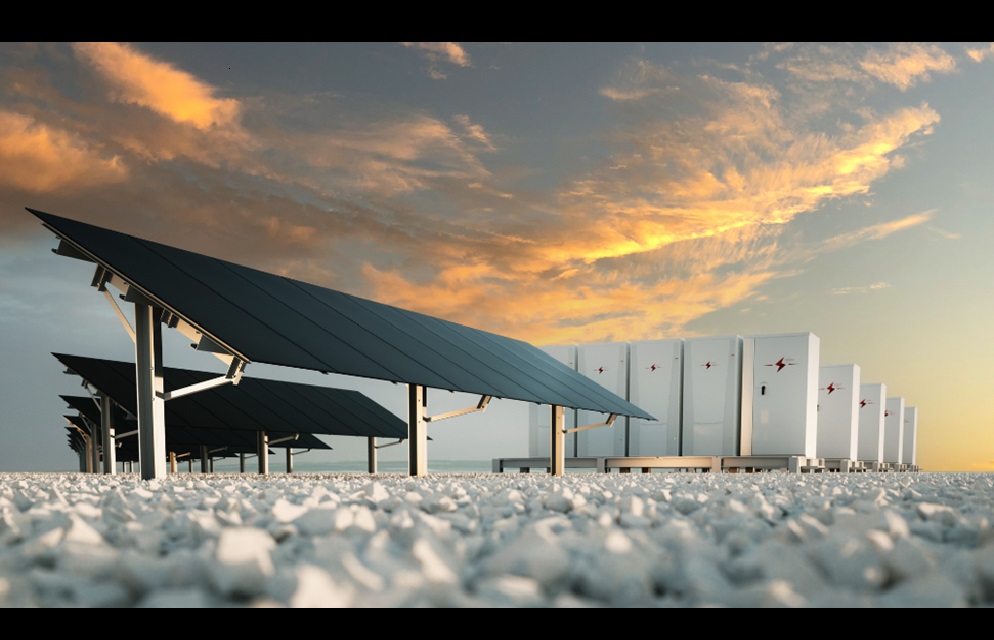- Aurora Energy Research examines 12 European countries for Renewables Co-location report
- Forecasts 421 GW by 2030, and feels incentivising co-location of RES assets the way ahead
- Four top markets for co-location are Germany, Great Britain, Ireland and Poland
Releasing its inaugural European Renewables Co-location Report, leading global provider of power market analytics, Aurora Energy Research, finds Germany, Great Britain, the Ireland Integrated Single Electricity Market (I-SEM), and Poland as the best four markets for co-location within Europe. About 12 European countries were examined for this report.
By 2030, Aurora foresees an additional 421 GW of intermittent Renewable Energy Sources (RES) and this, it feels, can pose a big risk to RES assets. It predicts that the situation can lead to a rise in imbalance costs, curtailment, and cannibalisation of capture prices. The most affected markets will be Germany, Greece, the Netherlands, and the Ireland I-SEM, which will have to resort to incentivising co-location of RES assets with battery storage systems, as a way of mitigation.
Why Germany, Great Britian, Ireland & Poland lead the pack for co-location
Because:
- Despite recent less appealing innovation auctions, co-location in Germany offers attractive revenue stacking opportunities, low grid fees, and mitigation of significant cannibalisation risk for RES.
- Great Britain stands out due to favourable regulation, granting co-located assets access to multiple markets and offering faster grid access for co-located RES projects.
- Resulting from high curtailment risks to renewables and beneficial legislation facilitating faster grid access, the Ireland I-SEM is rated high for co-locating RES and battery storage.
- Poland boasts a strong subsidy environment with cable pooling and access to long-term capacity market contracts.
Commenting on this, Senior Research Associate at Aurora Energy Research, Rebecca McManus, said, “With intermittent renewables playing an ever more important role in the European energy landscape and the recent uptake of batteries, co-located projects will soon become an essential part of developers’ work. However, each asset type is challenging to navigate on its own and managing the interplay of both asset classes and how to operate them together, will remain an obstacle.”


